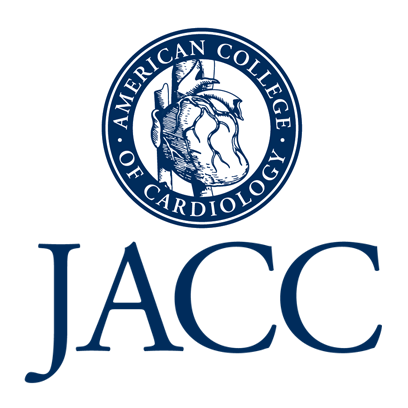
Beta-blocker therapy demonstrates a significant impact on mortality rates in Takotsubo syndrome (TTS) patients, according to new research from the GEIST registry. The study of 2,853 patients provides substantial evidence supporting the use of beta-blockers in TTS management, showing a 29% reduction in mortality risk during follow-up, particularly within the first year after discharge.
Key Points:
- The study analyzed 2,853 TTS patients from the international GEIST registry, with propensity score matching creating two comparable groups of 697 patients each, providing robust statistical analysis of beta-blocker therapy outcomes
- Patients receiving beta-blockers at discharge showed significantly lower mortality rates (6.0 vs. 8.1 per 100 patients/year) compared to those without beta-blocker therapy, with a hazard ratio of 0.71 (95% CI, 0.55-0.90)
- Beta-blocker therapy did not demonstrate effectiveness in preventing TTS recurrence (HR, 0.74, 95% CI, 0.61-1.89) or improving left ventricular ejection fraction recovery
- The study found no differential effects among subgroups, including patients with hypertension or cardiogenic shock, contrary to previous research hypotheses
- Over the mean follow-up period of 2.6 years, 485 patients (17%) died and 97 (3.4%) experienced TTS recurrence, establishing clear baseline data for future research

HCN Medical Memo
This study provides compelling evidence for the use of beta-blockers in TTS management, specifically for mortality reduction. However, physicians should note that beta-blockers may not address all aspects of TTS management, particularly recurrence prevention and LVEF recovery.
Treatments & Procedures Summaries
 PATIENT EDUCATION
PATIENT EDUCATION  OBESITY/WEIGHT MANAGEMENT
OBESITY/WEIGHT MANAGEMENT  EXERCISE/TRAINING
EXERCISE/TRAINING  LEGAL MATTERS
LEGAL MATTERS  GUIDELINES/RECOMMENDATIONS
GUIDELINES/RECOMMENDATIONS 